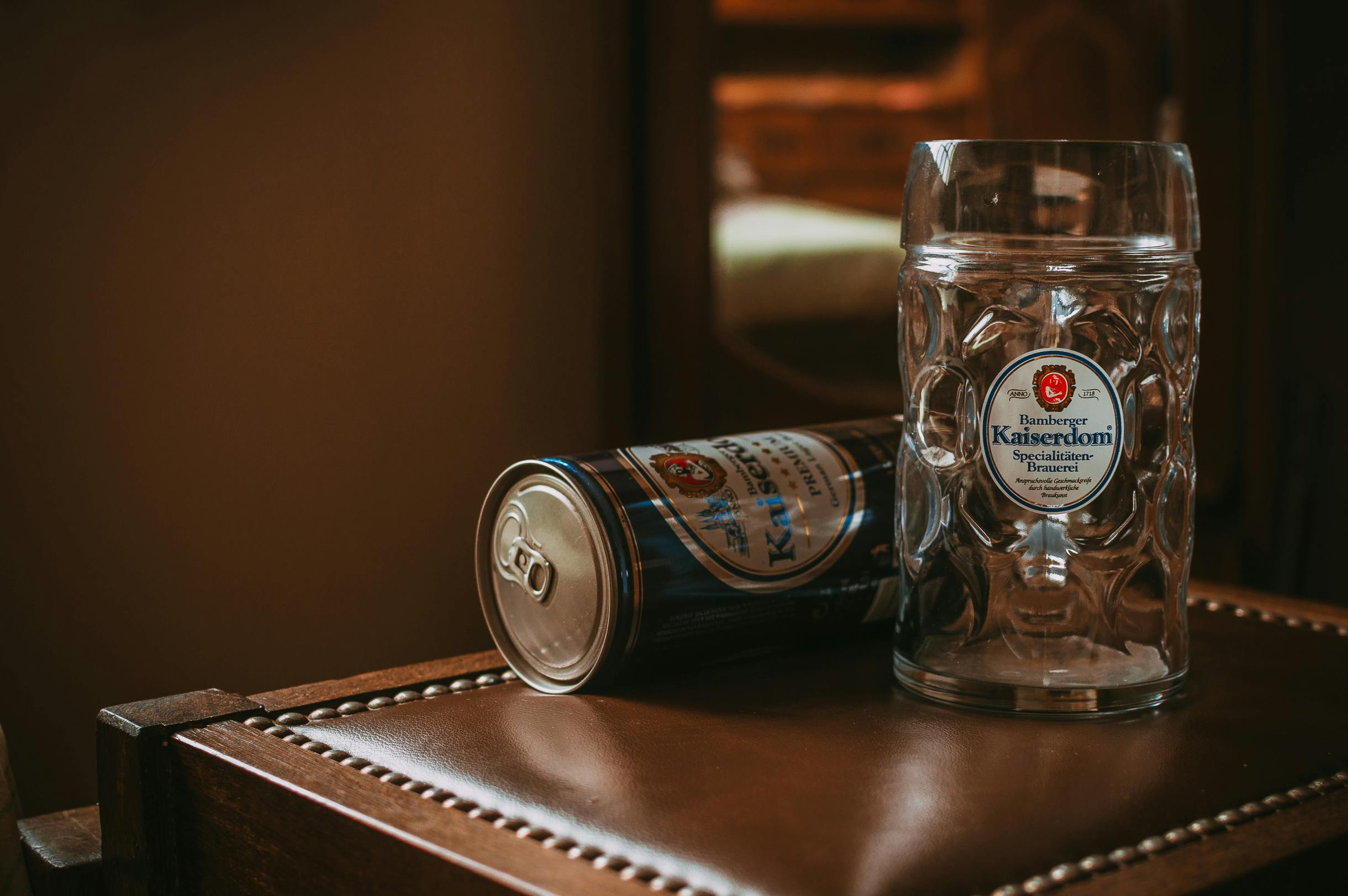Your cart is currently empty!

Steven Coulson
Steven has been drinking beers, wines and spirits for decades and has a propensity to go about them at length after a few drinks.
Latest Posts
- My wife found out our favorite Gin for martinis was discontinued. I think we are good for a while…

- Oregon Road Trip: Freeland Spirits Garden Botanicals Gin

- Botanist with Trader Joe’s Lemon and Elderflower Soda

- I’m one of the worlds leading buyers of craft gin in the world and a international spirit judge AMA

- I’m blown away…. By how let down I am by this Gin.

Categories
Tags
Social Links

Title: German Government Takes a Stand: Milk Stout Ban Sparks Controversy
In a surprising move that has sent shockwaves through the brewing industry, the German government has announced a ban on milk stout, a style of beer that has gained popularity in recent years. This decision marks a significant shift in the country’s long-standing beer regulations and has raised concerns among brewers and consumers alike.
Milk stout, often characterized by its creamy texture and sweet flavor, is typically brewed with lactose, a sugar derived from milk. This ingredient not only enhances the flavor profile but also contributes to the beer’s mouthfeel. However, regulatory bodies in Germany have raised questions about food safety and the implications of including dairy in alcoholic beverages.
The ban reflects a broader context of the German government’s commitment to maintaining high standards in beer production, which has been a cornerstone of its cultural heritage for centuries. The Reinheitsgebot, or Beer Purity Law, established in 1516, has traditionally restricted the ingredients that can be used in beer. While many modern brewers have embraced innovation, this latest restriction serves as a reminder of the challenges faced when trying to balance tradition with contemporary tastes.
Brewers across the nation are expressing their dismay over this prohibition, fearing it could lead to a decline in diversity within the craft beer scene. Milk stouts have developed a loyal following due to their rich flavors and versatility, and many believe that the ban could hinder creative expression in brewing.
As discussions unfold within the industry and among consumers, it remains to be seen how this ban will impact the market and the future of milk stout in Germany. The brewing community is calling for dialogue with lawmakers to explore potential compromises that honor both tradition and innovation.
For enthusiasts and casual drinkers alike, this development serves as a reminder of the ever-evolving landscape of craft beer and the importance of advocating for diverse beverage choices. As we watch this situation progress, one thing is clear: the conversation around beer regulation is far from over.
